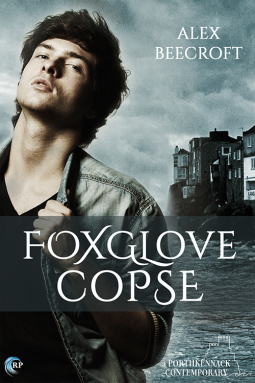I first came across Paul S. Kemp’s characters of Egil and Nix in the highly recommended Blackguards anthology put out by Ragnarok Press, and I have been sure to pick up their individual novels . Coming across as a couple of rogues of the first order, it is easy to see their pulp pedigree. In point of fact, it would be perhaps too easy to dismiss them as pastiche of Fritz Leiber’s rogues, Fafhrd and the Gray Mouser.

Cover to the first book.
Egil is a giant of a man, the sole priest of a god who lasted only a moment. Nix is the more roguish of the two, smaller of build, meaner of disposition, and fascinated by magic. Both are intrinsically flawed, whether it is the depressions Egil falls into as a result of having lost wife and child, or Nix, for being, well, Nix. During the course of their adventures, they escort a sorcerous nobleman and his sisters, tangle with a mindmage, battle a thieves’ guild with mystical connections, and become ensnared in a groundhog’s day type loop. They also just happen to own a brothel, though it is also fair to say that they aren’t the ones that are running it.
Like their literary predecessors, their home base is a city rife with corruption, but within striking distance of adventure. Neither is truly happy living a sedentary life, and their friends often encourage them to go on adventures to knock them out of their funk if nothing else. Kemp does an excellent job interjecting his larger than life characters with an element of absolute humanity, however, that can sometimes be lacking in pulp characters. Egil misses his family, deeply, while Nix cares deeply for his foster mother Mamabird, and leaves coins about in the slums where he grew up as a thought to his own humble beginnings.
It is easy to draw parallels between Kemp’s writing and that of Leiber’s as certain elements reappear. Demons and dark magic are commonplace, as are distressed noblewomen and a treacherous Thieves’ Guild. The action too is fast-paced and heart pounding, and the banter between Egil and Nix makes for an entertaining read (particularly Egil’s disdain for what he considers gewgaws). One of the key differences is that Kemp’s creations are beholden to no sorcerous patrons, bow to no gods, and have no compunction raiding a demon-guarded tomb if there’s a whiff of treasure about it.
So if you’re looking to scratch that sword and sorcery itch, but you’ve already delved into the classics, I say look no further. And if you are looking for just a taste, I do highly recommend the Blackguards anthology mentioned at the top, as it functions as a terrific gateway to some writers you might not have been exposed to before.
Share this:




